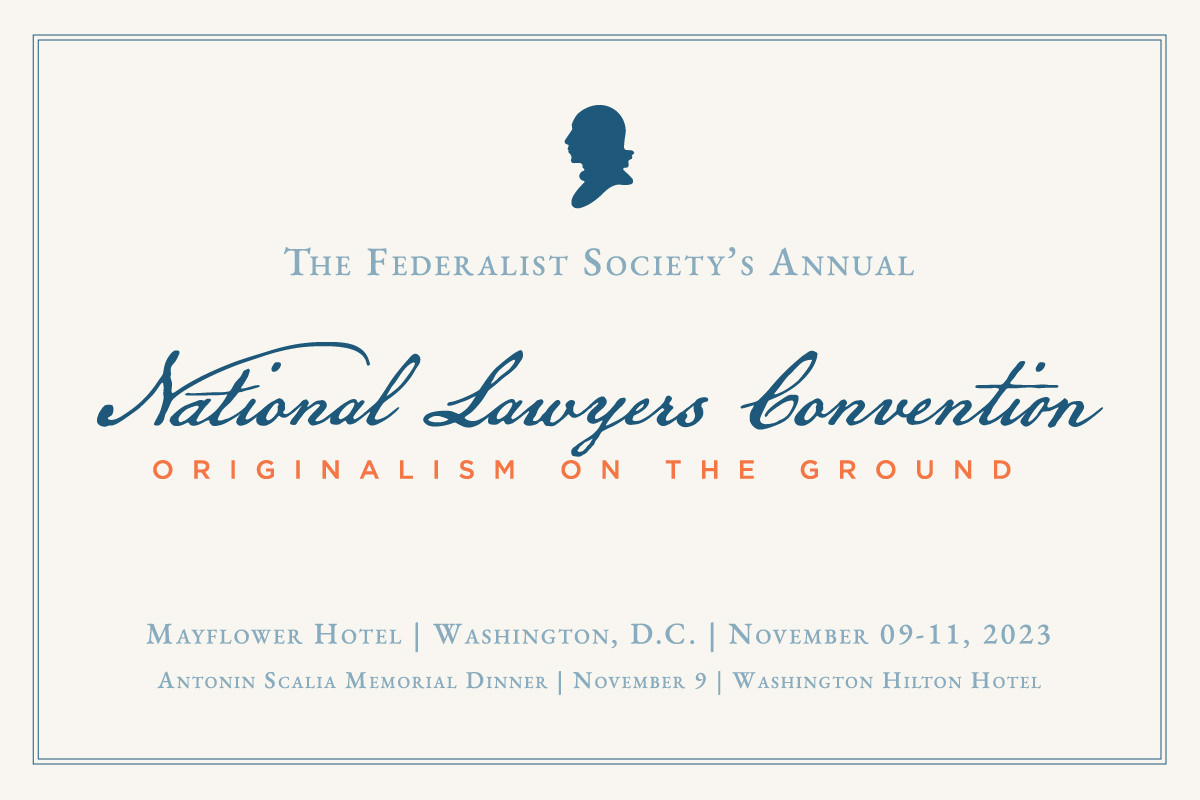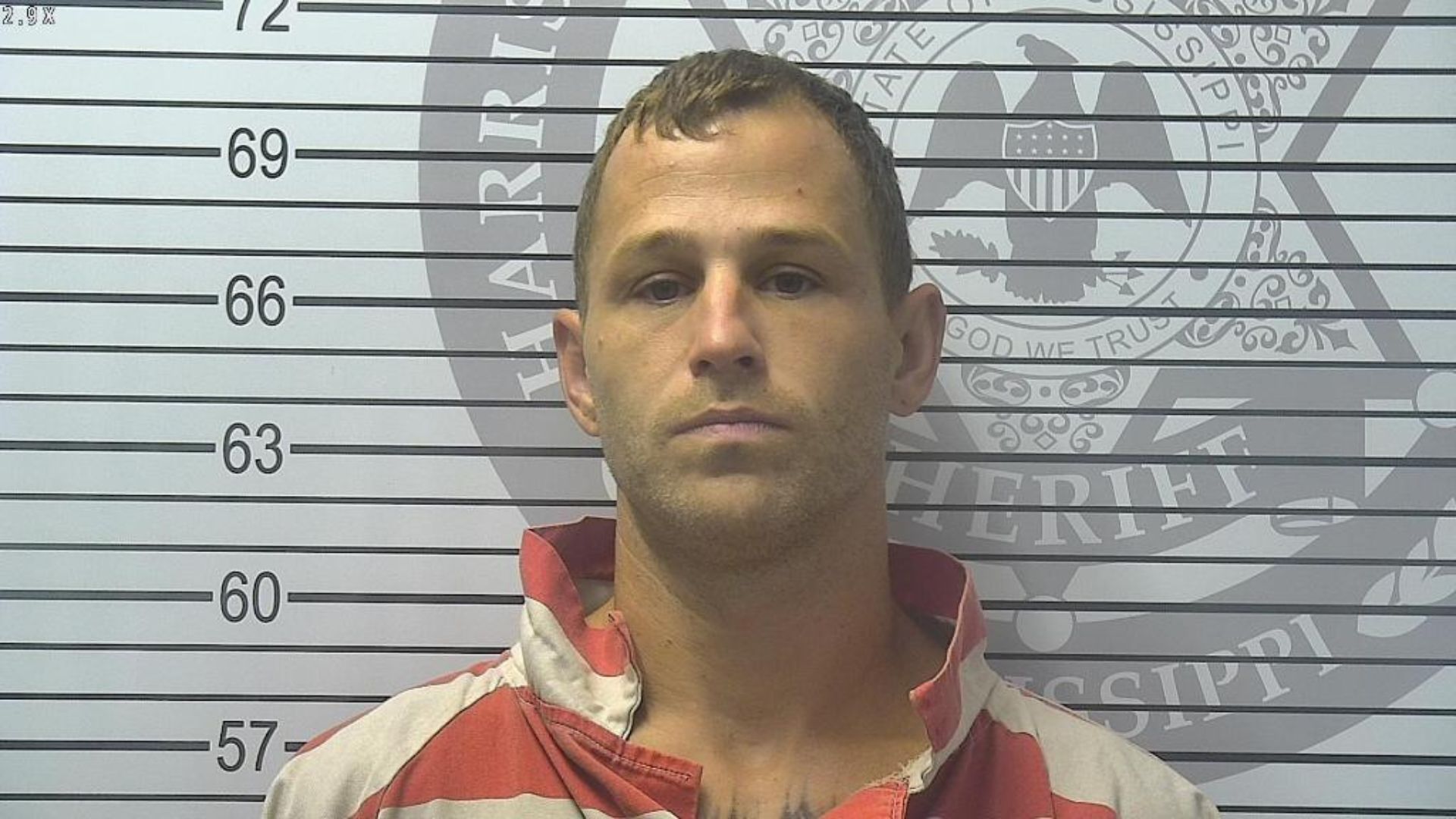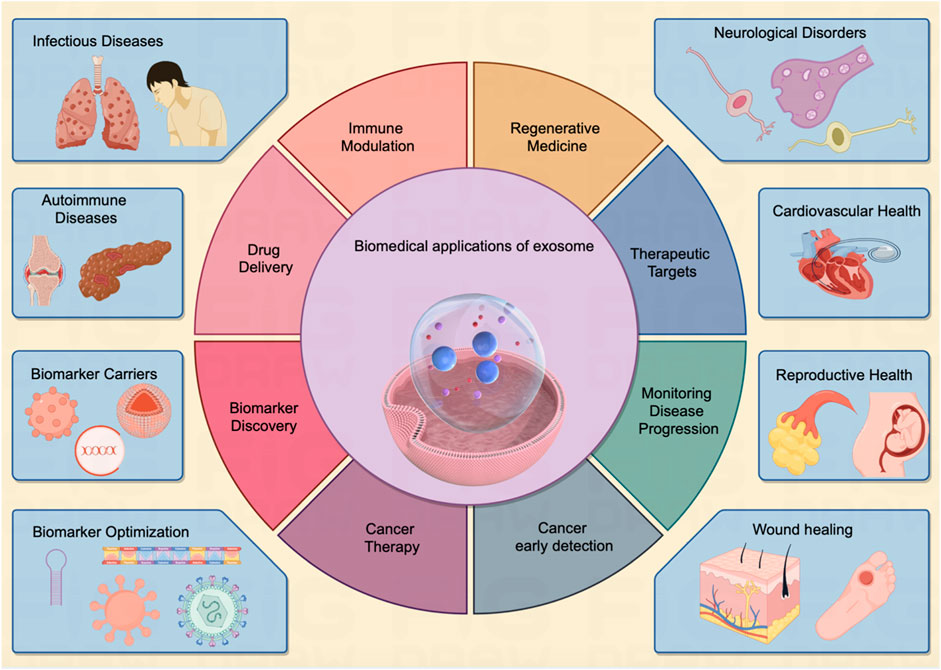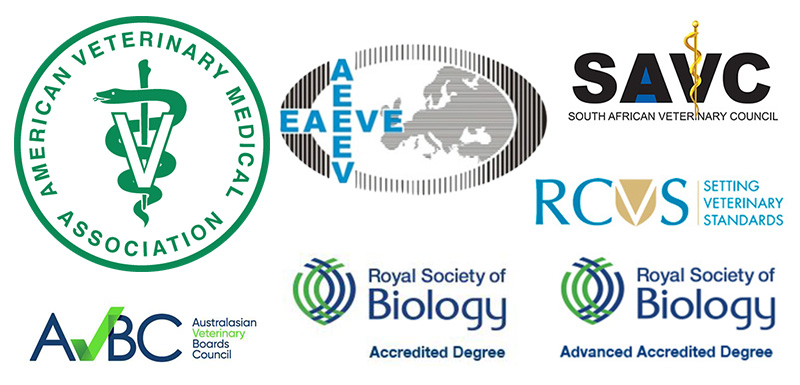Judicial Ruling on Washington State Law SB 5375 and its Implications for Sustainable Development Goal 16
A U.S. federal court has issued a preliminary injunction against a Washington state law that would have required Catholic priests to report child abuse disclosed during the sacrament of confession. This ruling highlights a significant conflict between constitutional religious freedoms and state-level efforts to strengthen institutional frameworks for child protection, a core objective of Sustainable Development Goal 16 (Peace, Justice and Strong Institutions).
The decision directly impacts the implementation of SDG Target 16.2, which calls for an end to abuse, exploitation, and all forms of violence against children, by creating a legal exemption in mandatory reporting systems.
Background of the Legal Challenge
Legislative Action: SB 5375
In May, Washington Governor Bob Ferguson signed SB 5375 into law, an act designed to enhance institutional accountability in line with SDG 16.6 (Develop effective, accountable and transparent institutions). The law aimed to achieve this by:
- Adding clergy and religious leaders to the list of mandatory reporters of suspected child abuse or neglect.
- Placing clergy on par with other professionals such as teachers, doctors, and childcare providers who face criminal charges for failure to report.
- Removing a previous exemption for information learned through “privileged communication,” specifically targeting the Catholic sacrament of confession.
The Plaintiffs’ Position
Three Roman Catholic bishops filed a lawsuit against the state, arguing that SB 5375 infringed upon their constitutional rights. Their case was built on the following points:
- Violation of Religious Freedom: The law was presented as a direct burden on the free exercise of religion, guaranteed by the First Amendment.
- The Sanctity of Confession: The plaintiffs emphasized the Church’s absolute prohibition on revealing information from confession, known as the “seal of the confessional.”
- Risk of Excommunication: It was argued that any priest complying with the state law would face automatic excommunication, forcing a choice between legal compliance and adherence to fundamental tenets of their faith.
Court’s Analysis and Preliminary Injunction
Judicial Reasoning
U.S. District Judge David G. Estudillo ruled that the plaintiffs were likely to succeed in their lawsuit, granting an injunction against the portion of the law pertaining to confession. The judgment focused on the state’s failure to create a law that is applied equally and justly, a principle central to SDG 16.3 (Promote the rule of law… and ensure equal access to justice). The court’s reasoning included:
- The law places clergy in an untenable position of choosing between their faith and the law.
- The state failed to demonstrate a compelling interest in denying an exemption to clergy while simultaneously providing exemptions to other professionals, such as lawyers, who handle confidential client information.
- This inconsistency was deemed “likely fatal” to the state’s argument, as the government interest in protecting children is the same across all professional contexts.
Federal Government Intervention
The U.S. Department of Justice under the Trump administration intervened in support of the lawsuit, labeling the Washington state law “anti-Catholic” and asserting that “a more direct burden on the exercise of religion would be difficult to imagine.”
Broader Context and Alignment with Sustainable Development Goals
Challenges to Achieving SDG Target 16.2
The court’s decision presents a significant challenge to the comprehensive achievement of SDG Target 16.2. By upholding a religious exemption to mandatory reporting, the ruling creates a potential gap in the child protection safety net. This legal privilege could prevent authorities from learning about and intervening in cases of child abuse, thereby hindering progress toward ending all forms of violence against children.
The Role of Institutions in Child Protection
This case underscores the ongoing tension in ensuring all societal actors, including religious bodies, function as effective, accountable, and transparent institutions (SDG 16.6). The state’s legislative effort was a direct attempt to hold a powerful institution accountable, particularly in light of past accusations by the state’s attorney general that the Catholic Church had not cooperated with investigations into the use of charitable funds to conceal abuse. While the injunction protects religious practice, it simultaneously limits the state’s mechanisms for institutional oversight in matters of child welfare.
Conclusion and Future Outlook
The preliminary injunction blocks the enforcement of mandatory reporting for information learned in confession, though clergy in Washington remain mandated reporters for abuse learned through other means. The case is ongoing, and the final outcome will have profound implications for the balance between religious freedom and the state’s duty to protect its most vulnerable citizens. This legal battle serves as a critical case study on the complexities of implementing the Sustainable Development Goals, demonstrating how national legal frameworks can either advance or impede the global commitment to building just institutions and ensuring the safety and well-being of all children.
SDGs Addressed in the Article
-
SDG 16: Peace, Justice and Strong Institutions
This goal is central to the article, which focuses on the legal and institutional frameworks for protecting children and upholding rights. The entire narrative revolves around a new law (SB 5375) aimed at protecting children, a legal challenge to that law, a court ruling, and the roles of various institutions like the state government, the judiciary, the Department of Justice, and the Catholic Church. The core conflict is between strengthening institutions to protect children from violence (Target 16.2) and upholding the rule of law and fundamental rights (Target 16.3).
-
SDG 10: Reduced Inequalities
This goal is relevant because the legal argument and the judge’s ruling highlight an inequality in how the law is applied. The article quotes the judge’s decision, which points out that Washington state denies a reporting exemption to clergy while “making such exemptions available to other professionals who work with underserved children,” such as lawyers. This directly relates to eliminating discriminatory or unequal treatment within legal frameworks (Target 10.3).
Identified SDG Targets
-
Target 16.2: End abuse, exploitation, trafficking and all forms of violence against and torture of children
The article is fundamentally about measures to end child abuse. The Washington state law, SB 5375, is a specific policy action designed to achieve this target by expanding the list of mandatory reporters of “child abuse or neglect” to include clergy. The article also mentions past issues, such as the Catholic Church’s alleged cover-up of “sexual abuse by priests” and federal funding cuts for “investigating child sexual abuse,” all of which are directly related to the effort to end violence against children.
-
Target 16.3: Promote the rule of law at the national and international levels and ensure equal access to justice for all
The content describes the functioning of the rule of law. A law is passed by the legislature, it is challenged in court by the three Roman Catholic bishops, the U.S. Department of Justice intervenes, and a federal judge issues a preliminary injunction. This process demonstrates the mechanisms for legal recourse and the promotion of the rule of law. The concept of “equal access to justice” is relevant both for the priests seeking to protect their religious rights and for the child victims whose abuse might go unreported.
-
Target 10.3: Ensure equal opportunity and reduce inequalities of outcome, including by eliminating discriminatory laws, policies and practices
This target is identified through the judge’s reasoning for the preliminary injunction. The lawsuit argued that SB 5375 “treated them differently than other professions.” The judge’s judgment, as quoted in the article, focuses on this contrast: “one law eliminates the privilege for clergy while the other expands the privileges available to secular professionals [lawyers].” This points directly to a practice that could be seen as creating legal inequality.
Mentioned or Implied Indicators
-
Indicator related to Target 16.2: Existence and enforcement of legislation to protect children from violence
The entire article is about a specific piece of legislation, SB 5375, which “adds religious leaders and priests to a list of professions that can be criminally charged if they do not report suspected abuse or neglect.” The legal challenge and the judge’s injunction are about the enforcement and constitutionality of this law. Therefore, the existence and legal status of this mandatory reporting law serve as a direct indicator.
-
Indicator related to Target 16.2: Reported cases of child abuse
While the article does not provide statistics, the purpose of SB 5375 is to increase the reporting of child abuse. The debate over whether priests should be mandatory reporters implies that the number of reported cases is a key metric for measuring the effectiveness of child protection systems. The law’s success would be measured by an increase in reports that lead to intervention and protection for children.
-
Indicator related to Target 10.3: Existence of laws or policies that discriminate based on group status
The judge’s ruling implies the use of this indicator. He directly compares the legal requirements for clergy under SB 5375 with the exemptions granted to lawyers under a separate bill, noting the different treatment despite the shared government interest in “protecting children from abuse and neglect.” The existence of these contrasting legal standards for different professional groups serves as an indicator of potential inequality in the legal framework.
SDGs, Targets, and Indicators Analysis
| SDGs | Targets | Indicators |
|---|---|---|
| SDG 16: Peace, Justice and Strong Institutions |
16.2: End abuse, exploitation, trafficking and all forms of violence against and torture of children.
16.3: Promote the rule of law… and ensure equal access to justice for all. |
|
| SDG 10: Reduced Inequalities | 10.3: Ensure equal opportunity and reduce inequalities of outcome, including by eliminating discriminatory laws, policies and practices. |
|
Source: independent.co.uk







